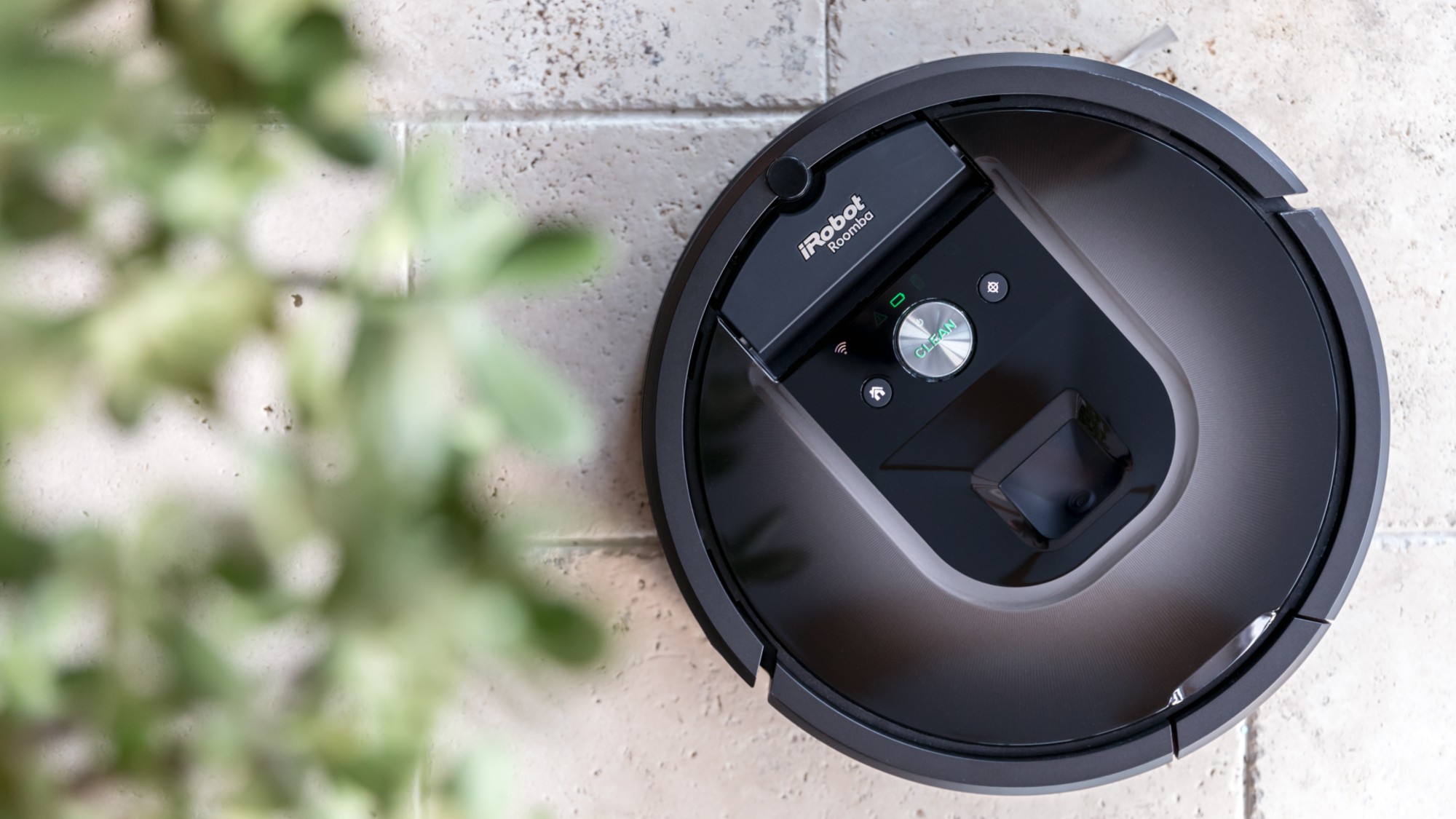Threads turns one: where does the Twitter rival stand?
Although Threads is reporting 175 million active monthly users, it has failed to eclipse X as a meaningful cultural force

A free daily email with the biggest news stories of the day – and the best features from TheWeek.com
You are now subscribed
Your newsletter sign-up was successful
When Meta launched the social media platform Threads a year ago as a rival to X, formerly known as Twitter, it seemed like a perfect opportunity to capitalise on the chaos following Elon Musk's $44 billion takeover of the company in 2022.
Marking the first anniversary, Meta said the platform has amassed 175 million active monthly users since it went live on 5 July last year. Yet despite this apparent success, Threads has struggled to become a meaningful cultural force comparable to Twitter and even its controversial successor, X.
Beneath the numbers
Threads was "but a twinkle in Mark Zuckerberg's eye" 18 months ago and arrived just as Musk "was taking a wrecking ball" to Twitter, said Alex Heath on The Verge. It has been growing steadily since its "huge launch", attracting 100 million monthly users by October 2023 – but monthly user numbers "only tell part of the growth story".
The Week
Escape your echo chamber. Get the facts behind the news, plus analysis from multiple perspectives.

Sign up for The Week's Free Newsletters
From our morning news briefing to a weekly Good News Newsletter, get the best of The Week delivered directly to your inbox.
From our morning news briefing to a weekly Good News Newsletter, get the best of The Week delivered directly to your inbox.
How Threads usage compares to X is unclear. In April, Business Insider reported that Threads had reached 28 million daily users in the US to X's 22 million, based on analysis by data intelligence service Apptopia. But in July, another analysis by Sensor Tower found that users "are using it less frequently than other social media platforms", said the Financial Times, despite "promoting posts on sister app Instagram, which provides about two-thirds of its web traffic".
It is "telling" that Meta isn't sharing daily user numbers yet, as it does for Facebook, WhatsApp and Instagram, Heath said, with the omission suggesting "Threads is still getting a lot of flyby traffic from people who have yet to become regular users".
'Failed to convince'
It may sound like a lot, but 175 million monthly users is a "drop in the bucket" compared with Instagram's two billion monthly users or Facebook's more than three billion, wrote Taylor Lorenz in The Washington Post.
Crucially, Meta has "failed to convince" content creators to embrace Threads, said Lorenz. The "power" of these individuals "has made them darlings of corporate marketing crucial to the launch of new products" and Meta "knows better than most how influential creators can be". Content creators who spoke to the Post "said they are struggling to understand the platform". It "still seems like a platform in search of a mission", digital strategist Lia Haberman told the paper. That "lack of a distinct identity" could be seen from the most popular tags on the platform in the past year, all "related to generic lifestyle topics", wrote Lorenz.
A free daily email with the biggest news stories of the day – and the best features from TheWeek.com
Despite the "controversy" that surrounds TikTok and X, they also "give rise to news and trends that drive conversation", said Hope King on Axios. It is "not yet clear that 'friendly' conversation can create the same kind of spark". The platform is used mostly for text-based posts, Hope said, but whether that "drives the kind of engagement that the company can ultimately monetise is a big open question".
Keumars Afifi-Sabet is a freelance writer at The Week Digital, and is the technology editor on Live Science, another Future Publishing brand. He was previously features editor with ITPro, where he commissioned and published in-depth articles around a variety of areas including AI, cloud computing and cybersecurity. As a writer, he specialises in technology and current affairs. In addition to The Week Digital, he contributes to Computeractive and TechRadar, among other publications.
-
 How the FCC’s ‘equal time’ rule works
How the FCC’s ‘equal time’ rule worksIn the Spotlight The law is at the heart of the Colbert-CBS conflict
-
 What is the endgame in the DHS shutdown?
What is the endgame in the DHS shutdown?Today’s Big Question Democrats want to rein in ICE’s immigration crackdown
-
 ‘Poor time management isn’t just an inconvenience’
‘Poor time management isn’t just an inconvenience’Instant Opinion Opinion, comment and editorials of the day
-
 Moltbook: The AI-only social network
Moltbook: The AI-only social networkFeature Bots interact on Moltbook like humans use Reddit
-
 Are Big Tech firms the new tobacco companies?
Are Big Tech firms the new tobacco companies?Today’s Big Question A trial will determine whether Meta and YouTube designed addictive products
-
 Elon Musk’s pivot from Mars to the moon
Elon Musk’s pivot from Mars to the moonIn the Spotlight SpaceX shifts focus with IPO approaching
-
 Can Europe regain its digital sovereignty?
Can Europe regain its digital sovereignty?Today’s Big Question EU is trying to reduce reliance on US Big Tech and cloud computing in face of hostile Donald Trump, but lack of comparable alternatives remains a worry
-
 Will AI kill the smartphone?
Will AI kill the smartphone?In The Spotlight OpenAI and Meta want to unseat the ‘Lennon and McCartney’ of the gadget era
-
 Claude Code: Anthropic’s wildly popular AI coding app
Claude Code: Anthropic’s wildly popular AI coding appThe Explainer Engineers and noncoders alike are helping the app go viral
-
 Is social media over?
Is social media over?Today’s Big Question We may look back on 2025 as the moment social media jumped the shark
-
 What is Roomba’s legacy after iRobot bankruptcy?
What is Roomba’s legacy after iRobot bankruptcy?In the Spotlight Tariffs and cheaper rivals have displaced the innovative robot company